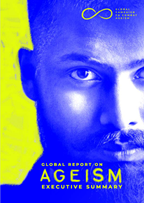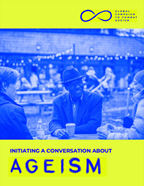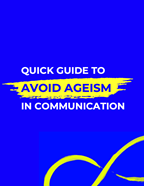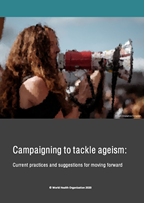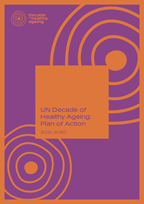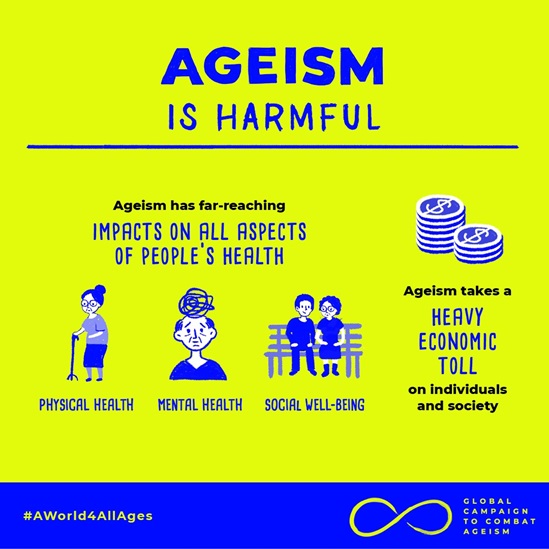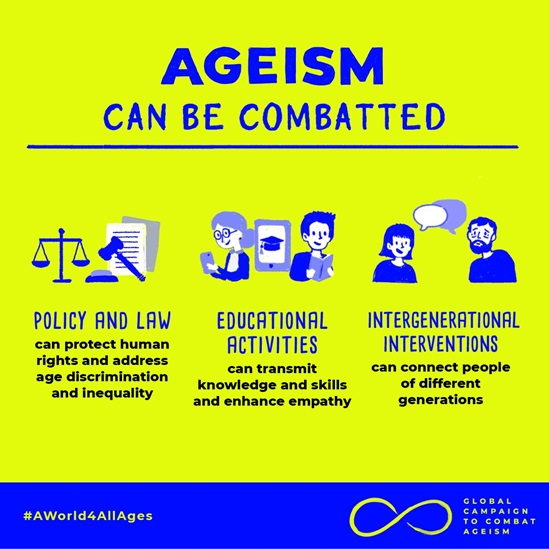Changing how we think, feel, and act towards age and ageing
Ageism refers to how we think (stereotypes), feel (prejudice), and act (discrimination) towards others or ourselves based on age.
Ageism is widespread across countries, affects people of all ages, and has serious and far-reaching consequences for people’s health, well-being and human rights.
However, ageism can be combated. WHO was requested by its 194 Member States to work across sectors and stakeholder groups to establish and lead the Global Campaign to Combat Ageism.
The Global Campaign’s vision is a world for all ages and aims to turn this vision into reality by changing how we all think, feel and act towards age and ageing. To do so, WHO works together with key partners to:
- generate an evidence base on ageism to better understand what ageism is, why it matters, how to address and measure it;
- build a global coalition to guide and coordinate efforts across the world to prevent and respond to ageism, improve data collection and enable sharing of knowledge in this area of work; and
- design and deliver awareness raising events, capacity building programmes and tools to enable others to spread the word about ageism and take action to eliminate it.


